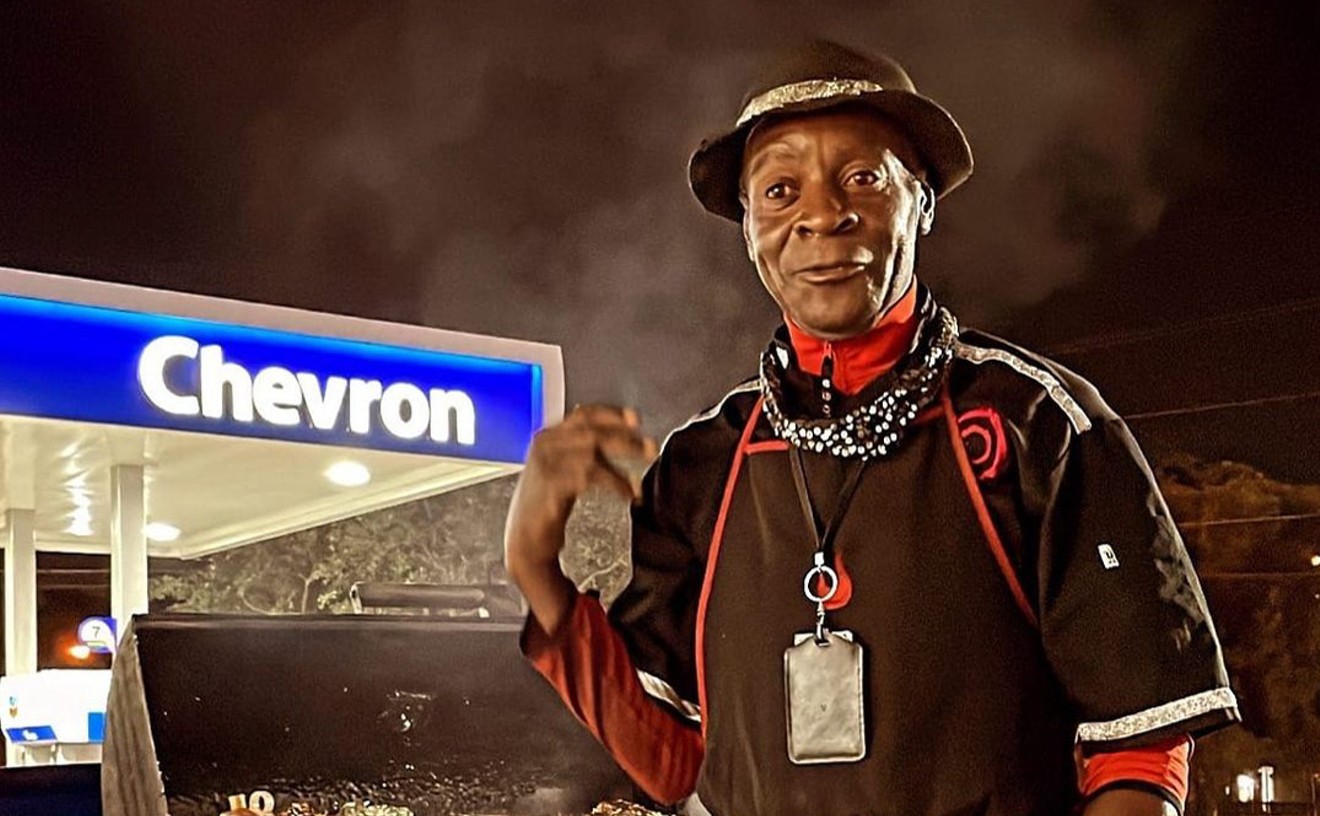It is winter now, in stark, post-Ceausescu Romania. Wild-haired young Frenchman Stephane (Romain Duris) wanders the icy roads in torn shoes, searching for a Gypsy singer named Nora Luca. Nora's voice, we learn, was the one that so moved Stephane's father, who died mysteriously in Syria, and the boy believes finding her will help him find himself.
Instead, he stumbles into a prickly Gypsy patriarch named Izidor (Isidor Serban), who drowns him in vodka, takes him into the village, and makes of him a surrogate son because his own son is in jail. Then an earth force called Sabina (Rona Hartner) shows him the difference between slumming among the Gypsy tribes and living the life.
What Stephane undergoes is an emotional transformation from tourist to member. Not only does his French give way to Romany, his heart changes. Along the way Gatlif once more salts his work with raw humor and dark tragedy while providing a wealth of local color--from the bawdy insults that signal affection among the "Roms" to the wedding-day manners of a father whose wrists and fingers are encrusted in a pound of gold. He also exposes the racist stereotyping that has plagued the Gypsies for centuries. With anger, irony, and fear all mingled, the Gypsy villagers initially assail Stephane with the same insults they've long suffered. Thief! Bum! Murderer! Crazy alien! (Gadjo dilo!)
In short, Stephane--the outsider, the other--is not just Gatlif; he is us. With his school-learned skills, the Frenchman can splice into an electric line and light up a dirt-floor hut, or literally reinvent the phonograph using a sewing needle and a cone of newspaper. He can also capture every bar of his new friends' haunting music on tape. But it is not until he learns to spit like Sabina, to think like the old anarchist Izidor, to love like a wanderer, that he discovers--oh, yes--the Gypsy in his soul.
In someone else's hands, in some other movie, Stephane's metamorphosis might come across as stale or hackneyed. But Gatlif's eye is still sharp, his head-on, no-nonsense, unromanticized approach to his story as fresh as ever. It's likely that Latcho Drom, with its emphasis on music and its wildly exuberant slice of Gypsy life, will remain the most popular chapter of the trilogy, at least in the United States. But here's an unstinting cheer for part three, Gadjo Dilo, for its darkness, its spiky wit, and its love of life. Inundated by the Romany spell, Stephane happily dives under the waves. So might we all.
Gadjo Dilo.
Directed and written by Tony Gatlif. Starring Romain Duris, Isidor Serban, and Rona Hartner. Opens Friday.










